South Africa
South Africans are struggling in the dark to cope with increased power cuts that have hit households and businesses across the country.
The rolling power cuts have been experienced for years, but this week the country's state-owned power utility, Eskom, extended them so that some residents and businesses have gone without power for more than 9 hours a day.
A strike by Eskom workers added to the utility's woes including breakdowns of its aging coal-fired power plants, insufficient generation capacity and corruption, according to experts.
The prolonged power cuts are hitting South Africans in the winter months of the Southern Hemisphere when many households rely on electricity for heat, light and cooking.
Small and large businesses have had to close down for prolonged periods or spend large amounts for diesel fuel to operate generators.
Anger and frustration is widespread among business owners and customers at the power cuts, which Eskom calls load shedding.
The power blackouts are here to stay, say experts, who warn it will take years to substantially increase South Africa's capacity to generate power.
South Africa mines coal and relies heavily on coal-fired plants, which causes noticeable air pollution.
The country is looking to increase power production from solar and other renewable sources.
"The big picture is that we were at least expecting (heavy power cuts) this winter," said energy expert, Hilton Trollip.
"Eskom told us at the end of last year that there was a chronic power shortage ... What that means is that until we have a substantial amount of extra generation on the grid, we will continue to be at the risk of load-shedding at any stage. The question then is how bad will the load-shedding be?," he added.
He lamented the impact of the blackouts on the economy.
The power cuts are costing South Africa well over $40 million per day and deterring investment, say, economists.
South Africa's economy, Africa's most developed, is already in recession and is suffering a 35% unemployment rate.
Buhle Ndlovu, a teacher at a nursery school in Soweto, Johannesburg's largest township, said the power cuts increased her costs to run the school.
"We cater to about 40 children here. We need to feed healthy meals to them daily," said Ndlovu.
"At the rate we charge we can't afford to take on additional costs to buy gas in order for us to cook. Loadshedding has really made it difficult for us."
She said it is a challenge to take care of children by candlelight until parents come to pick up their kids well after dark.
On Friday, Eskom chief executive Andre de Ruyter said at a press conference that the crisis was receiving serious attention and that he had personally briefed President Cyril Ramaphosa about what the company is doing to keep the lights on.




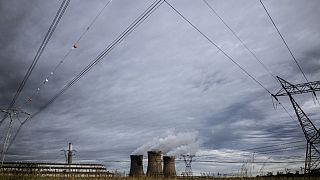
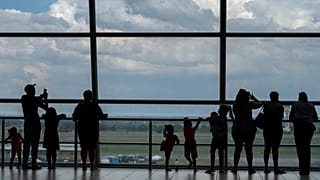
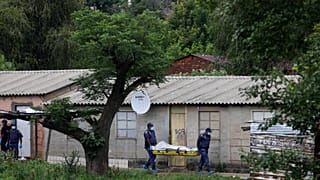
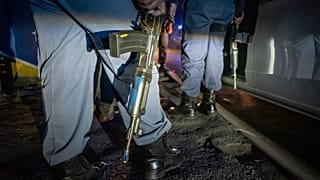

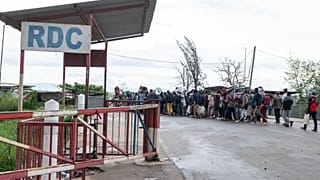

01:08
Zuma’s 18-year corruption battle nears crucial court ruling
01:00
2027 Rugby World Cup: Springboks and All Blacks set for quarterfinal showdown
01:48
Zuma’s daughter resigns amid claims South Africans were lured into Ukraine War
01:18
World marks International Day for the Elimination of Violence against Women and Girls
Go to video
China, South Africa launch cooperation supporting modernization in Africa
02:43
"Tamujuntu": where South Africa and Brazil meet in dance